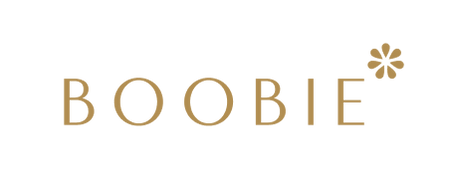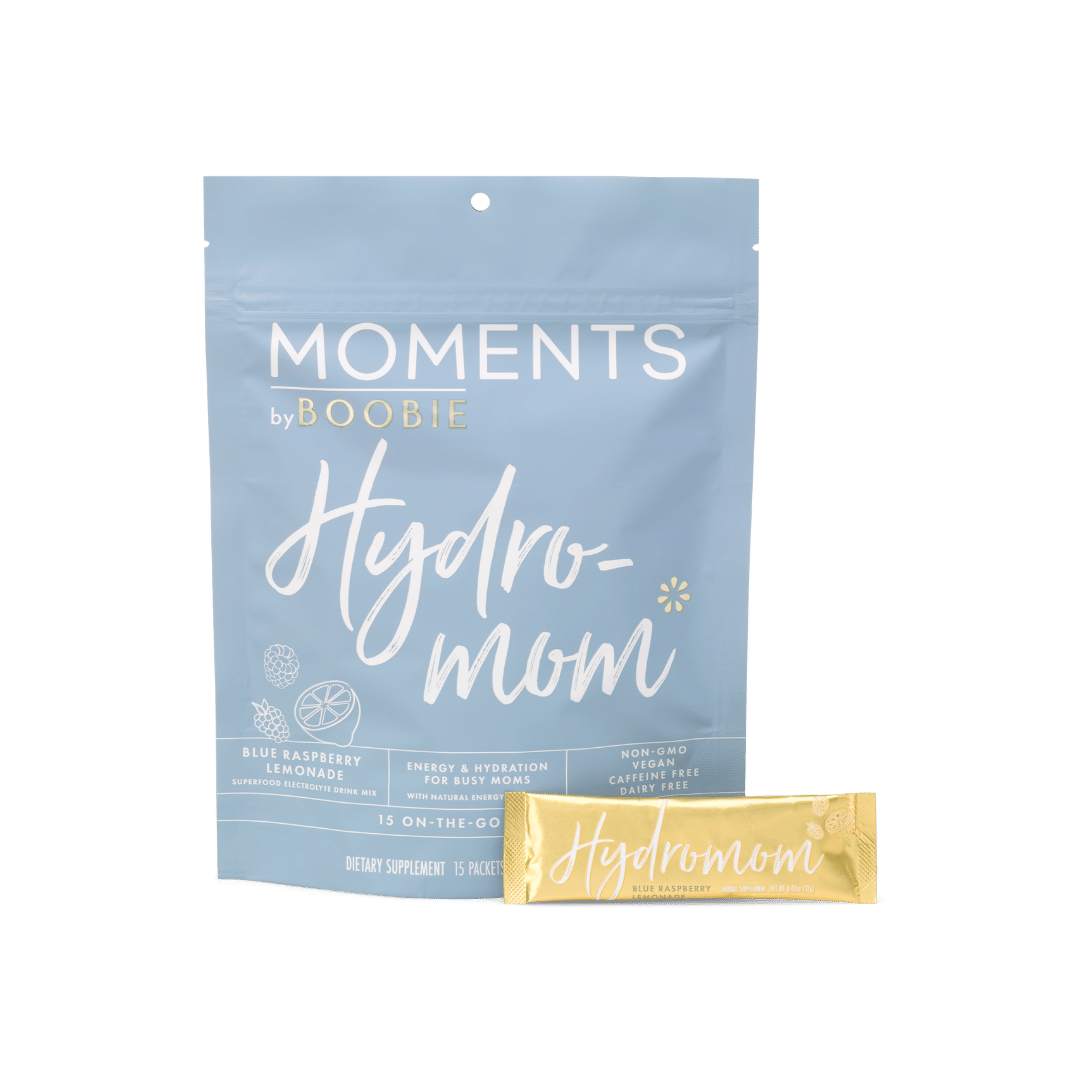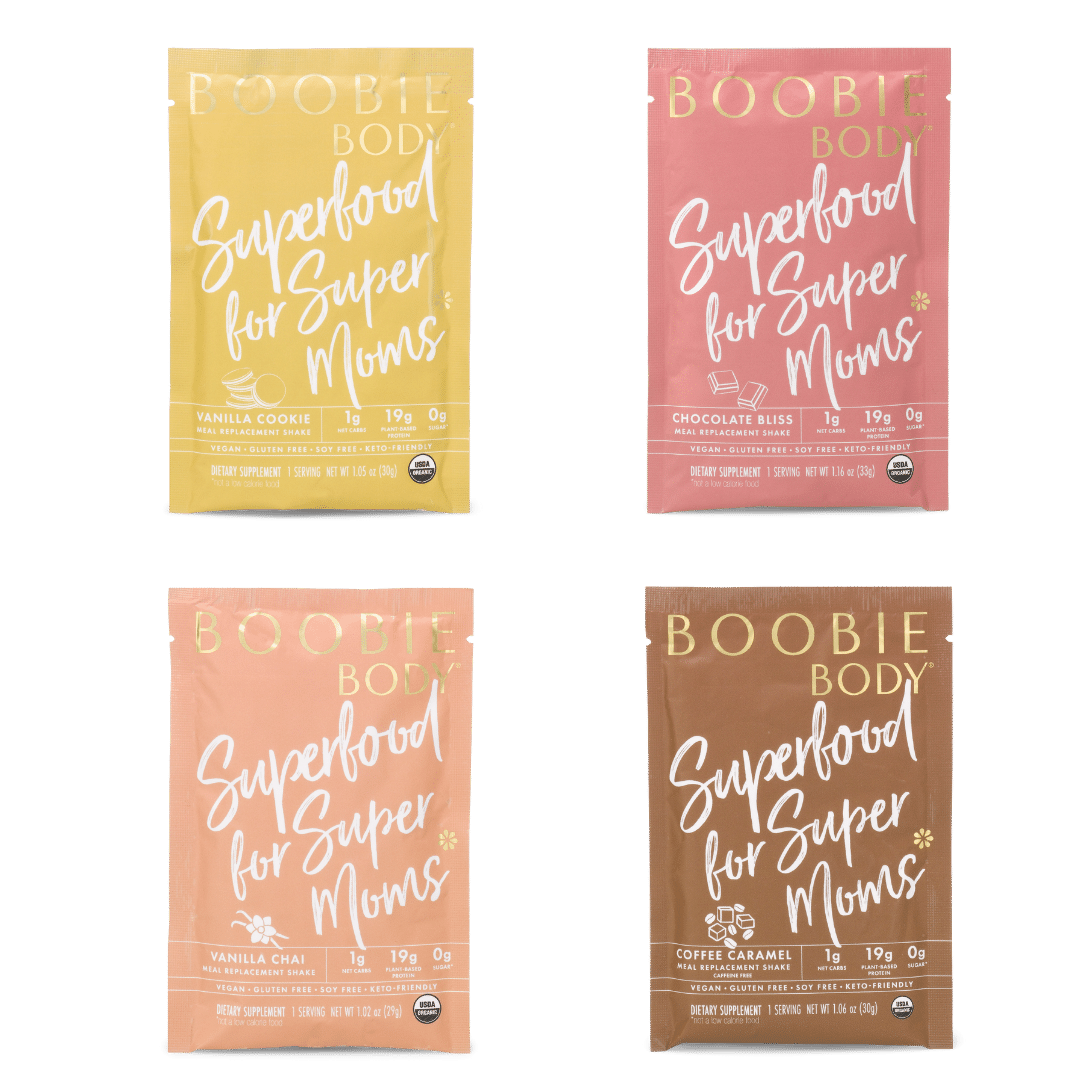As an International Board Certified Lactation Consultant (IBCLC), I often work with parents in unique and sometimes challenging situations—whether it’s breastfeeding twins, providing breast milk for a premature baby, or supporting an infant with special needs. These circumstances require special care, planning, and support. However, with the right strategies, breastfeeding in these situations is not only possible, but it can be a rewarding and empowering experience for both parents and babies.
Breastfeeding Twins: Double the Challenge, Double the Reward
Breastfeeding one baby can be demanding, but breastfeeding two can feel overwhelming at first. With twins, the first thing I like to remind parents is that their body is capable of producing enough milk to nourish both babies. It’s all about supply and demand: the more frequently your babies nurse, the more milk your body will produce.
Tips for Breastfeeding Twins:
-
Find a Comfortable Feeding Position
Tandem breastfeeding, or feeding both babies at the same time, can save time and help maintain an abundant milk supply. Many parents find the football hold or a combination of positions to be most effective for feeding twins. Using a twin nursing pillow for support can also make tandem feeding more manageable. -
Alternate Sides
Each baby may have a different suckling pattern or strength, so alternating which baby feeds from which breast can help balance your milk supply and avoid overfeeding on one side. -
Get Help Early
It can be helpful to work with an IBCLC right from the start to establish a feeding routine that works for you and your babies. Having guidance in positioning, latching, and feeding schedules can make all the difference in your breastfeeding success. -
Stay Hydrated and Nourished
With two babies to feed, your body will require extra calories and hydration. Make sure to take care of yourself by eating nutritious foods, such as Boobie* Body and drinking plenty of water throughout the day. Boobie* Body is a great and effective plant-based protein powder with 19g of protein, keeping you full and nourished while also helping you boost your milk supply. Staying hydrated with Hydromom is also an effective way to stay hydrated throughout the day, it includes glucose and electrolytes which promotes better hydration than plain water!
Breastfeeding Premature Babies: A Journey of Patience and Persistence
When your baby is born prematurely, they may not be able to breastfeed right away. However, providing breast milk is one of the best things you can do for your premature baby. Breast milk is often referred to as "liquid gold" for preemies because it provides vital nutrients and antibodies to help them grow and fight infections.
Steps to Breastfeeding a Preemie:
-
Start Pumping Early
If your baby is in the Neonatal Intensive Care Unit (NICU) and unable to nurse right away, start pumping as soon as possible—ideally within the first few hours after birth. Early pumping helps signal your body to produce milk and establishes your supply. A hospital-grade electric pump is typically the best option for stimulating milk production in the early days. -
Pump Frequently
To build and maintain your milk supply, aim to pump at least 8-12 times in 24 hours, including during the night. Try to mimic the frequency with which your baby would be nursing if they were able to feed directly at the breast. Even if you’re only expressing small amounts at first, frequent pumping is crucial for maintaining a strong supply. -
Kangaroo Care and Skin-to-Skin
Skin-to-skin contact, or kangaroo care, is incredibly beneficial for premature babies. It helps regulate their body temperature, stabilizes heart rate, and supports bonding. It also has been shown to improve milk production and encourage preemies to eventually breastfeed. -
Introducing the Breast
As your baby grows stronger, you can begin offering the breast during skin-to-skin contact, even if they’re not able to fully latch and nurse yet. Suckling at the breast (even non-nutritive suckling) can help them get used to breastfeeding and eventually transition from bottles to the breast.
Breastfeeding Babies with Special Needs
For babies with conditions such as Down syndrome, cleft palate, or other medical complexities, breastfeeding may require extra patience and creativity. However, these babies can still benefit greatly from breast milk, and many are able to breastfeed with some adaptations.
Strategies for Breastfeeding Babies with Special Needs:
-
Customizing Feeding Techniques
Babies with Down syndrome, for example, may have low muscle tone, which can make it harder to latch or suck efficiently. In these cases, positioning techniques that provide extra head and neck support can help. Babies with cleft palate may benefit from specialized bottles and nipples if breastfeeding directly at the breast proves difficult. -
Slow and Steady Wins the Race
Some babies may tire easily while breastfeeding. In these cases, shorter, more frequent feedings may be more effective. You may also need to supplement with pumped milk or formula, but continuing to offer the breast can help them gradually build stamina. -
Work with a Team
Babies with special needs often require coordinated care. An IBCLC can collaborate with your baby’s pediatrician, speech or occupational therapists, and other specialists to create a feeding plan that supports breastfeeding while addressing any medical or developmental concerns.
Expressing Milk and Building a Supply for NICU Babies
For babies in the NICU, you may need to express milk to ensure they receive breast milk even if they cannot nurse right away. Here are some key steps to successfully building a milk supply while your baby is in the NICU:
-
Pump Often
Consistent, frequent pumping is the cornerstone of establishing and maintaining your milk supply. As mentioned earlier, aim for 8-12 pumping sessions per day, including overnight. -
Hand Express to Boost Supply
After using the electric pump, hand express milk to fully empty your breasts. This helps stimulate additional milk production. Even if you’re producing small amounts at first, your baby benefits from every drop. -
Use a Hospital-Grade Pump
A high-quality, hospital-grade pump is essential for initiating and maintaining milk production when your baby is unable to nurse directly. Many hospitals offer rentals, and your insurance may cover the cost of a pump. -
Monitor Your Supply
Keep track of how much milk you are expressing to ensure your supply is keeping up with your baby’s needs. If your supply starts to dip, working with an IBCLC can help you troubleshoot and find ways to boost milk production. -
Stay Close to Your Baby
If possible, spend as much time as you can with your baby in the NICU. Skin-to-skin contact and simply being near your baby can increase your milk supply through the release of oxytocin, the “love hormone,” which promotes milk production.
Whether you are breastfeeding twins, a premature baby, or an infant with special needs, it’s important to remember that your body is capable of providing the nourishment your baby needs. Breastfeeding in these special situations may come with extra challenges, but with the right support, you can overcome them.
If you’re navigating one of these unique breastfeeding journeys, reach out for help early and often. An IBCLC can work with you to create a feeding plan that meets your baby’s needs while supporting your breastfeeding goals. With patience, persistence, and the right strategies, you can build a strong milk supply and give your baby the best possible start in life.
























